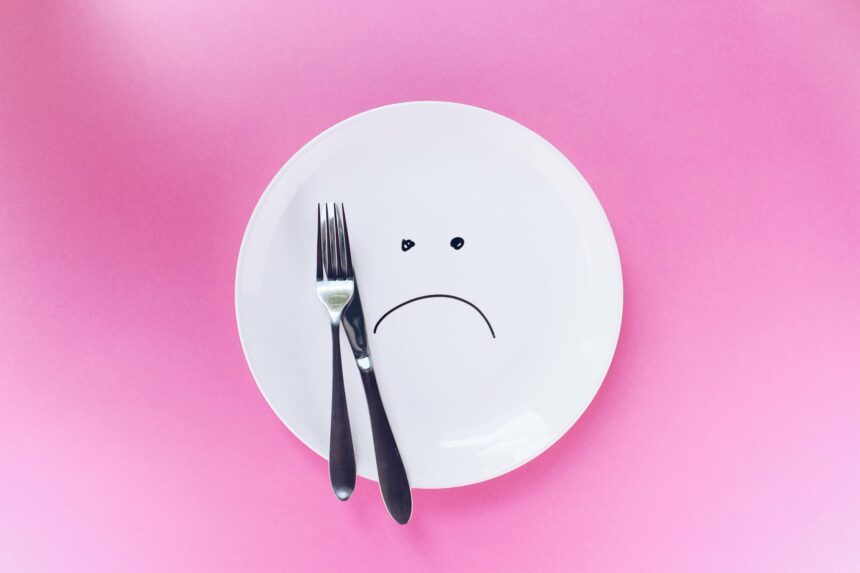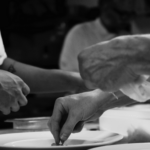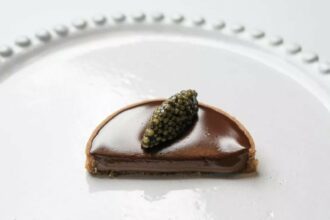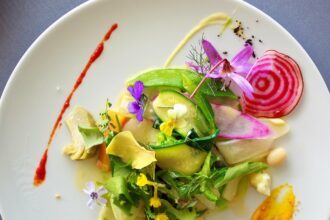I don’t remember exactly when I made the decision. Was it before one of those 2-hour runs I do every week? Was it after a particularly intense lifting session? Was it when I saw the needy, territorial, constantly flexing and checking themselves up in the mirror-types doing it? Or was it after almost every trainer I talked to recommended it? I am not sure. I can’t remember. There are simply too many occasions that could have initiated my decision.
In any case, at one point in time, I decided not to consume any protein shakes/powder/milks.
You see, I exercise 7 days a week. I don’t take time off. I don’t make excuses for myself. I don’t feel lazy and I don’t have bad mood days (I mean I do. I just go exercise regardless). I run, swim, lift weights, row, climb, bike, hike… I do whatever strikes me as interesting and worth taking up, whatever the weather and the city allow me to, whatever tools and equipment I can find. I don’t excel at any of these sports, but I think I do okay. Well, to be more precise, I don’t do these sports because I want to excel in them, but because I like challenging myself – to be faster, stronger, more resilient. I like the me struggling to overcome herself. I like the anger and the frustration I feel when I fail – and I fail so often and so very much. I fail every day, every time I exercise – every other kilometer I can’t run, every additional kilogram I can’t lift or the next set of crunches or pulls ups I can’t do are my failures. But I like them. I like them because they show me my limits; they let me set new goals and they give me plenty of opportunity to get better, to fail better (1). They teach me to be humble and they remind me that unless I challenge myself, try, fail, and struggle, I won’t grow – I won’t be faster, stronger and more resilient.
More recently, something more interesting began to happen. The line of questioning that starts with ‘why do you do it?’ began to be followed by inquiries about whether I consume any protein shakes/powders/milks.
For a lot of people, though, neither exercising nor challenging themselves (with the prospects of regular failure and frustration) are pleasurable. As such, whenever my exercise schedule comes up in conversation (for whatever reason), they try to find some other reason as to why I would “put [myself] through that”. The first reaction is thus usually something to the effect of ‘but why on Earth do you do it?’: to lose weight? (No (2)); to join a competition? (I may, but also, I may not); to put on muscle? (Not necessarily); to be more masculine? (What is the connection here exactly??). Pleasure being the sheer reason is, strangely, never mentioned, nor any connections are ever made between challenging one’s self, stepping out of one’s comfort zones, surpassing one’s limits, learning, struggling, growing and pleasure (nor, for that matter, anyone resorts to the language of endorphins (3)).
More recently, however, something more interesting began to happen. The line of questioning that starts with ‘why do you do it?’ began to be followed by inquiries about whether I consume any protein shakes/powders/milks. Not my daily caloric intake. Not how much or which type of carbs I tend to eat. Not if all this is possible if I were vegan or vegetarian. Not if I do intermittent fasting. It is increasingly, ‘do you use any protein shakes/powders/milks?’.
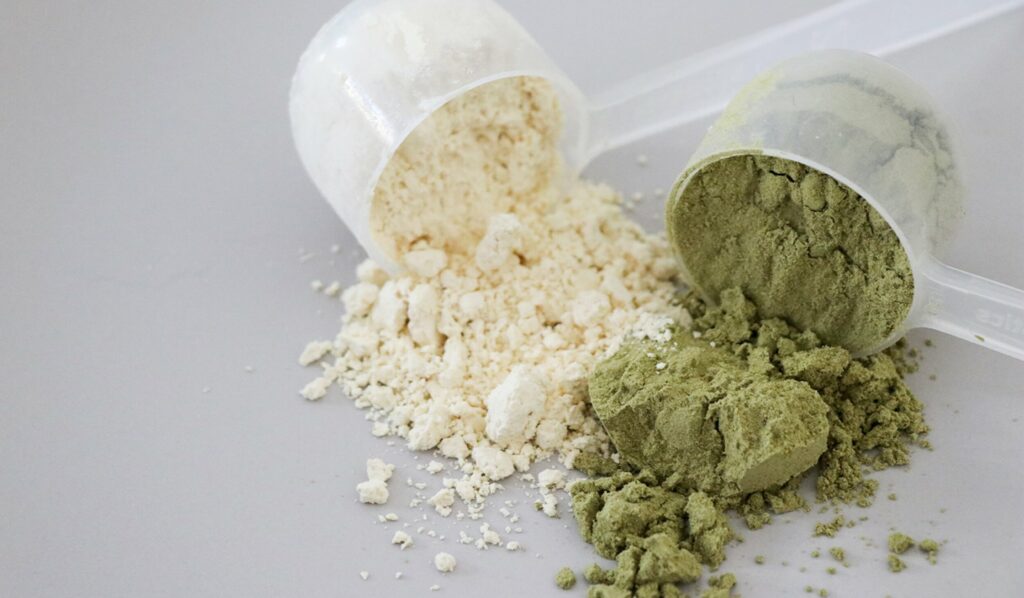
I should note that my decision to not consume protein shakes/powders/milks do not arise from some deep-rooted moral and/or political conviction. As a social scientist who works on urban food supply chains, I can attest that such strict convictions will put you on a road of slow and, frankly quite distasteful, starvation. You simply will not be able to find [enough] exploitation/child labor/slave labor-free, sustainably-produced foods. Someone at some point in the supply chain is screwing something or someone over – whether that be the atmosphere, the soil, the groundwater, various organisms our species conveniently calls ‘pests’, or our fellow humans. But good luck trying! I laud your convictions and your search for the better. Let me know if you find anything and survive without being too miserable. I won’t do it, though. Until the Revolution topples down this version of imperial capitalism, I am not substituting carob for chocolate to psychosomatically feel better about myself.
I decided against the protein shakes/powders/milks for a different reason. As strange as this may sound, I thought that if I started to consume protein powders, food would no longer be food – something that I eat for pleasure (and, of course, also for sustenance). Rather, I would begin to approach food as something to fuel my exercise sessions. I would thus lose food to the gods of Nutrition and Pragmatism. My time in the kitchen, in the supermarket, at the dinner table, or the restaurant, over my plate, shopping, cooking, prepping and eating would become a complex matrix of decision-making and fine-tuning inputs – food – for various outputs – whatever type of exercise I would be doing that day. The question in my head as I stride to the fridge multiple times a day would no longer be ‘what do I want to eat?’, ‘what do I crave?’ or ‘is it time for sweets or should I have something savory?’. Instead, it would become a singular ‘what nutritional quota should I fill in the most effective manner now?’; ‘what fuel do I need to consume at this particular time of the day?’. Like patients who are on medication for their lifetime, I would be ‘on food’ to fuel my activities, without, necessarily, sustaining my ‘self’.
Much of the discourse on food today is whether a specific food item is good for you as much as whether it is good for the environment; and there is striking evidence of the capability of this discursive shift to motivate food preferences.
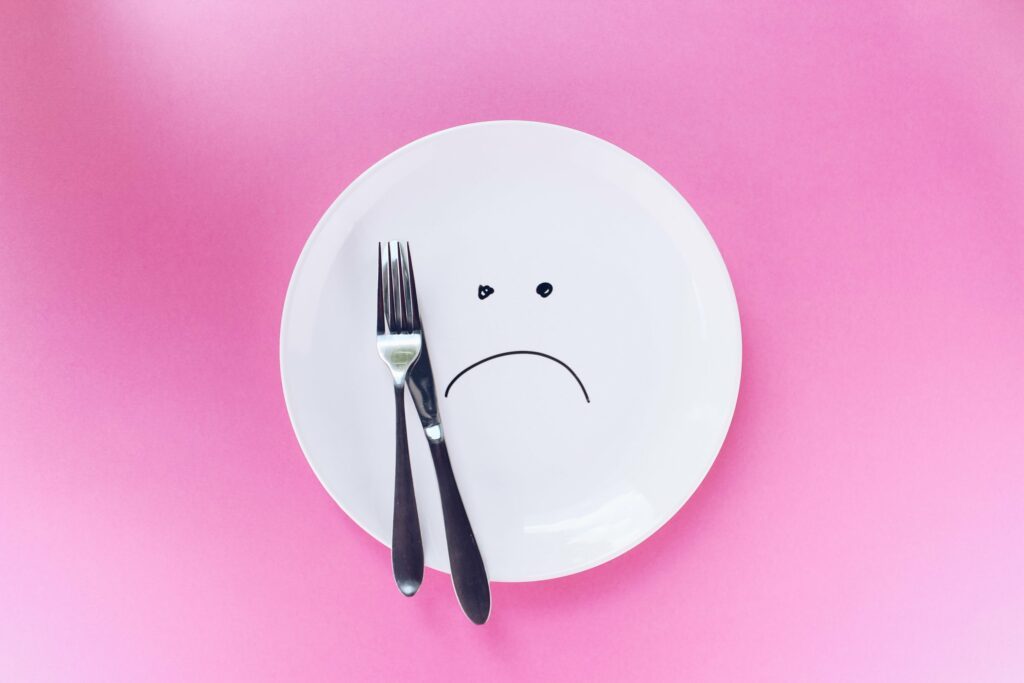
For the keen eyes of an anthropologist, perhaps the distinction I am making here is – at best – whimsical. Can the self be separated from the body, or my bodily ‘activities’ from my bodily needs or from my senses? Plus, can food not be both, sustaining the body in terms of nutrition and satisfying the senses in terms of pleasure? Why choose between them? Why adjudicate? Chocolate is, after all, both a carb and a square of Earthly delight that slowly melts in your mouth and quietly tickles your taste buds until you break into a warm smile. Yet, the adjudication is important, for given all the ongoing discussion on nutrition, diet-related diseases, vitality (pun-intended) of exercise for health, food is increasingly becoming – perhaps once again – a medicinal input. Much of the discourse on food today is whether a specific food item is good for you as much as whether it is good for the environment; and there is striking evidence of the capability of this discursive shift to motivate food preferences: While the baby-boomers continue clinging to their soda pop, millennials are preferring almond milk and seltzer because these are perceived to be ‘healthier’. Vegetarianism and veganism are similarly on the rise even though many want to retain – if not reinstitute – the correlation between class and meat consumption. Undoubtedly the lab-grown meats will alter this dynamic too; however, there still seems to be some time until they show up in the supermarket shelves as affordable, easy-to-find substitutes. Alternative proteins, in contrast, are pacing much faster; and while vegans and vegetarians may have problems consuming some of the varieties, the contemporary foodscape offers many suitable options, should one wish to increase their ‘protein intake’ without having to subsist on a diet of lentils. Sure, the taste and/or the flavor are still powerful determinants. Like every other aspect of food, however, they too can be ‘faked’. I’ll admit that, growing up, learning that homemade banana milk tastes different than (and frankly, not as good as) the store bought, flavored banana milk was much more of a blow than the fact that Santa Claus or the Tooth Fairy were not real. While the latter were simply a case of adults lying, the former was an eye-opening realization that my own taste buds could as easily betray me.
My rejection of the protein powders/shakes/milks is thus an attempt to retain food clearly and squarely within the realm of pleasures. While I care about its nutritional characteristics, I don’t want to eat solely for ‘nutrition’ or for ‘health’. If I indeed need to have more protein, I will try to eat foods that are protein-heavy; but I will do that so long as I enjoy the taste of what I eat – while also knowing that what I am eating may well be worse for the planet than the protein powders/shakes/milks that I may have consumed. This, however, will also mean I will take responsibility for my choices and by the same token, for my pleasures. As I am not going to substitute carob for chocolate, I will not be able to (and I indeed cannot) consume as much chocolate as I would perhaps like to – since, I do know that consuming more will entail being at best an enabler and at worst a willing participant in the cycle of exploitation and child labor ingrained in its supply chain. Equally importantly, I will experience (and I indeed have) a decrease in pleasure if I were to keep eating chocolate whenever I feel like it. As such, I will have to learn to pace myself. My desires and cravings will have to be restrained. It won’t be easy; but like my training failures teaching me humility, restraint will teach me patience. (4)
Even when the politics of ethical consumerism and sustainable production fail, maybe, just maybe, our dedication to pleasure will save ‘food’.
A version of this essay in Turkish is published in the quarterly gastronomy journal, Yemek ve Kultur (57).
Footnotes
(1) There is a great piece on The Medium on exercise (well, weightlifting) and “failing better”. See: Brodeur, Michael A. “Meet the Existentialist Bodybuilder”. Medium.com https://medium.com/s/powertrip/meet-the-existentialist-bodybuilder-ac374bb0ac29 (Retrieved: Dec. 21, 2018).
(2) And I wonder, if men get this asked as often as women do.
(3) Though, there is clear evidence that exercise does give you pleasure. I am not going to go into the literature here. A great line from an otherwise-not-so-great movie, Legally Blonde, should I think suffice: “Exercise gives you endorphins. Endorphins make you happy. Happy people just don’t shoot their husbands, they just don’t.”
(4) There is a flipside, though: For as many people for whom food is fuel, there are equally many – if not more – who consider food as a source of pleasure. They eat what they eat with less an eye on nutrition than taste; they give into their cravings and they find solace in the quick satisfaction of their desires. Pleasure they get out of food is not a reward, but more often a go-to escape from other difficulties of life they cannot rid themselves off of. I am not sure the kind of ethics of pleasure I am advocating here will be very preferable for them, nor, for that matter, will it be able to offer any resolution to their ploys. It is worth considering how such displacement and projection – if I may loosely use the psychoanalytical terms – will affect the pleasure they get off of food in the long run.
References
Brodeur, Michael A. “Meet the Existentialist Bodybuilder”. Medium.com https://medium.com/s/powertrip/meet-the-existentialist-bodybuilder-ac374bb0ac29 (Retrieved: Dec. 21, 2018).
Luketic, Robert. Legally Blonde. 2001; Beverly Hills: MGM, 2001. DVD.
